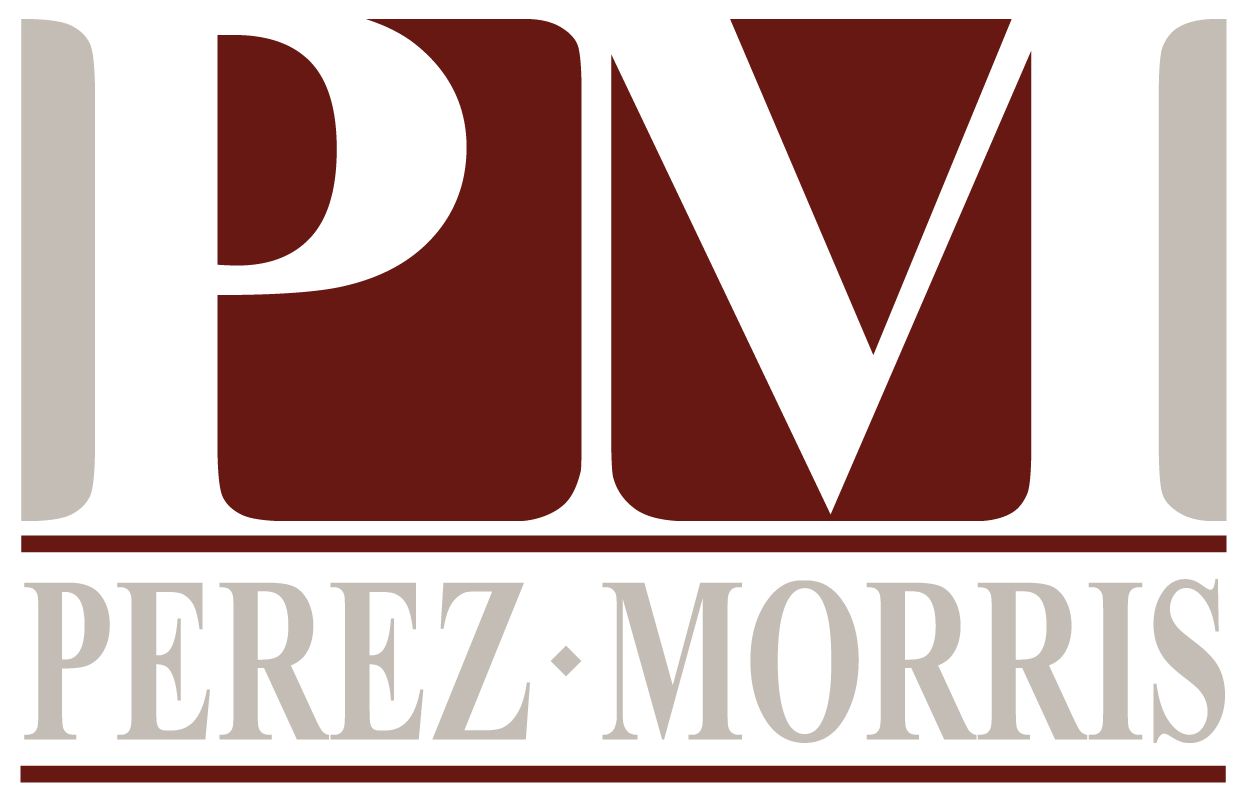In theory, insurance is directly linked to risk. Imagine flipping a coin. If it lands on heads, then you get $1.05. If it lands on tails, then you lose $1. Chances are you would be willing to play the game because the stakes are low. A risk neutral person would flip the coin because the expected results are favorable. However, most people and established companies are actually risk adverse. Imagine flipping a coin again. But this time, if it lands on heads, you get $105k, but if it lands on tails you lose $100k.
Did your propensity to play go down? If you were forced to play, would you be willing to pay $1,000 to avoid playing altogether? If so, you are likely risk adverse. Insurance companies thrive because of risk aversion. Through pooling, insurance companies greatly reduce their risk.
Self-insured employers understand the risks and benefits associated with their employee’s health care, which makes Lake Health’s pilot program all the more intriguing. Lake Health, a Northeast Ohio-based community health system is partnering with Lubrizol Corp., Progressive Corp. and the Lake County Schools Council directly to provide various degrees of health care to roughly 2,500 people. By cutting out insurance companies, Lake Health and its reported partners could see an enormous windfall and reduced risk. Interesting concept. We will see who follows suit.
Authored by Sarah Perez & Chad Trownson



